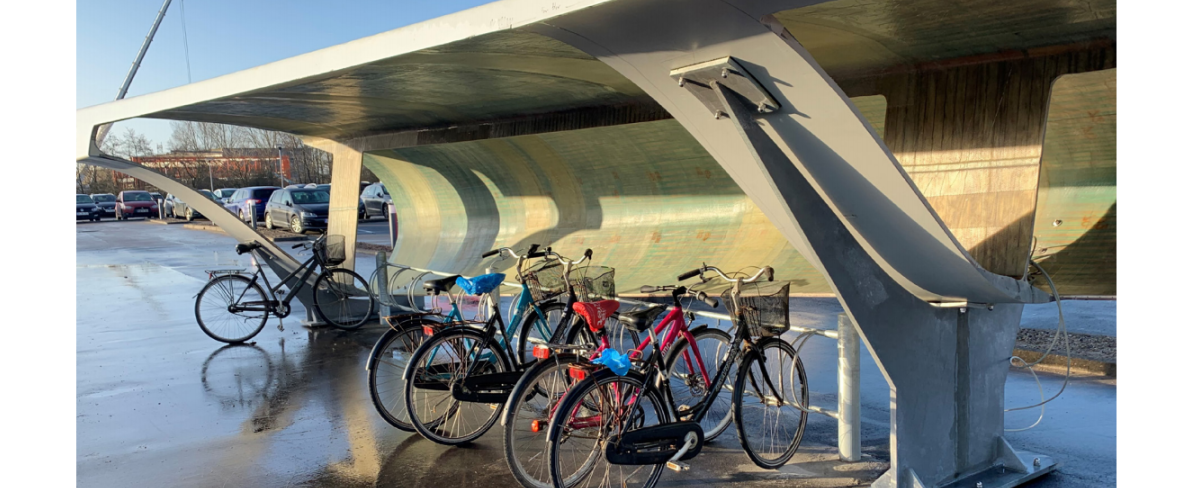Seizing the opportunity to raise hydrocarbon taxation
This is a video of the webinar from the 30th September 2020, in which Daniel Hardy and William Todt talked about how to address the uneven playing field of energy, where fossil fuels attract large subsidies compared to clean and renewable technologies.
Daniel summarised the opportunity and feasibility of raising carbon taxes following the collapse in oil and other energy prices caused by the COVID-19 crisis and other factors. This strategy could incentivize long-term investment in sustainable energy, while generating revenue at a time of huge fiscal deficits and helping finance the “green transition” in a socially tolerable way.
William spoke on how best to set appropriate incentives, suggesting that it may be better to have a specific transport tax as this is more progressive, can be tailored to the technology on hand. He touched on the importance of complementary and coordinated policies in the EU, and the implications of including transportation into the new phase of its Emissions Trading Scheme. Then they answered questions raised by the audience.
Helen Gavin hosted the webinar.
Slides
Daniel’s slides can be found here.
Video content:
- 00:00 Start
- 00:12 Helen introduces the speakers
- 01:50 Daniel presents on “An opportunity to raise charges on hydrocarbons”
- 10:31 William explores issues on transport, how to move reduce emissions and taxation options
- 20:55 Start of the Q&A session
- 53:23 End
Speaker Bios
Daniel C. Hardy is currently an Academic Visitor at the European Studies Centre, St. Antony’s College, University of Oxford. As a member of staff of the International Monetary Fund for most of his career to date he worked on macroeconomic and financial sector policies in a wide range of industrialized, emerging market, and developing countries. He has undertaken research on such topics as cross-border policy coordination, credit market behaviour, and stress testing. He has also worked at the Austrian Financial Market Authority and the German Bundesbank. He studied at the universities of Oxford and Princeton.
William is the Executive Director of Transport & Environment (T&E), a position he has held since February 2017. In his role he steers the organisation to promote, at EU and global level, policy that ensures cleaner, safer and smarter transport. Before that, he was T&E Director Freight & Climate where he has led the campaign to regulate CO2 emissions from trucks in Europe. He also led a campaign to get cleaner and safer trucks on European roads as well as for the 95 grammes CO2 emissions target that new cars must achieve by 2021. William joined T&E in 2011 where he held various positions including: Programme Manager from 2015 to 2016, Senior Policy from 2014 and 2015 and Policy Officer from 2011 to 2014. Previously, he worked for the Belgium’s EU Presidency, as well as at the European Parliament and for Belgium MEP Kathleen Van Brempt (S&D). Todts holds a MA in European Studies in History from the Université Libre de Bruxelles (ULB).
Helen is based in the Environmental Change Institute of the University of Oxford, working on the Programme on Integrating Renewable Energy. She is a sustainability professional, passionate about renewable energy and water resources, with expertise in a range of quantitative environmental issues. She has covered a range of roles including technical specialist, water and energy auditor, programme manager, and knowledge exchange in consultancy and in academia.





One thought on “Seizing the opportunity to raise hydrocarbon taxation”
Comments are closed.